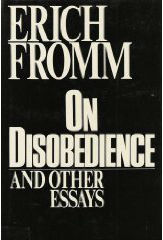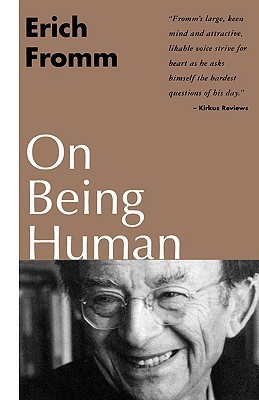
Zen Buddhism and Psychoanalysis
Book Description
Unlock the secret connection between two seemingly disparate worlds: Zen Buddhism and psychoanalysis. With bold insights, Erich Fromm dives deep into the human psyche, unraveling the threads of existence and inner peace. He skillfully navigates the realms of spirituality and psychology, revealing how these paths converge to illuminate the struggles of life. As viewers peer into the depths of consciousness, they are confronted with profound questions about identity, love, and liberation. Will the union of these philosophies offer salvation or spark a new inner conflict? Discover the transformative power that lies at the intersection of mind and spirit.
Quick Book Summary
"Zen Buddhism and Psychoanalysis" by Erich Fromm explores the intersection between Eastern spirituality and Western psychological traditions. Fromm argues that both Zen and psychoanalysis seek to free individuals from false illusions and self-imposed limitations, fostering authentic self-understanding and liberation. Drawing on the teachings of Zen and the techniques of psychoanalytic therapy, Fromm demonstrates how personal growth, healing, and enlightenment stem from a deeper awareness of the self and one's relationship to the world. By highlighting similarities and differences between these two disciplines, he invites readers to consider a holistic approach to psychological and spiritual well-being. Fromm contends that integrating the insights and practices of Zen and psychoanalysis equips individuals to confront life's anxieties, embrace compassion, and nurture inner peace.
Summary of Key Ideas
Table of Contents
The Nature of Self-Realization and Awakening
Erich Fromm begins his analysis by delving into the shared objectives underpinning Zen Buddhism and psychoanalysis. Both systems are fundamentally concerned with understanding the self and alleviating suffering. Fromm contends that while Zen emphasizes immediate, experiential realization of one’s true nature through practices like meditation, psychoanalysis seeks to uncover and resolve unconscious conflicts through introspection and dialogue. Essential to both is the pursuit of personal liberation and a deepened sense of being.
Overcoming Illusion: Freedom from the Ego
A central motif that Fromm addresses is the concept of illusion—specifically, the illusions about the self and the nature of reality that cause suffering. In Zen, the ego is seen as a core delusion that prevents direct experience of reality, while in psychoanalysis, defense mechanisms shield individuals from confronting painful truths. Fromm asserts that both traditions, though with different methodologies, aim to dissolve these illusions, granting individuals the freedom to live authentically and respond openly to life’s challenges.
Therapeutic Parallels: Healing Through Awareness
Fromm identifies notable therapeutic parallels between the practices. Psychoanalysis deploys self-reflection and analysis to illuminate unconscious motivations, fostering insight and healing. Zen practices, on the other hand, employ meditation and koans to interrupt habitual patterns and provoke spiritual awakening. Fromm discusses how both approaches recognize healing as a process rooted in heightened awareness—whether it arises suddenly, as in Zen’s concept of satori, or gradually through psychoanalytic work.
The Role of Love and Compassion in Transformation
An essential dimension explored by Fromm is the role of love and compassion in the transformation of the self. Zen Buddhism emphasizes boundless compassion as an expression of enlightenment, while psychoanalysis highlights love as a means to break free from narcissism and isolation. Fromm synthesizes these views, suggesting that genuine maturity and psychological health are marked by a capacity for connectedness, empathy, and selfless concern for others.
Integration of Zen and Psychoanalytic Perspectives
In the final analysis, Fromm advocates for an integration of the insights from both Zen and psychoanalytic traditions. He proposes that blending the practical wisdom and attitude of Zen with the understanding and analytic tools of psychoanalysis offers the most profound route to self-realization. Through this synthesis, modern individuals can better navigate existential anxieties, cultivate creativity, and achieve serenity amid the demands of contemporary life.
Download This Summary
Get a free PDF of this summary instantly — no email required.





